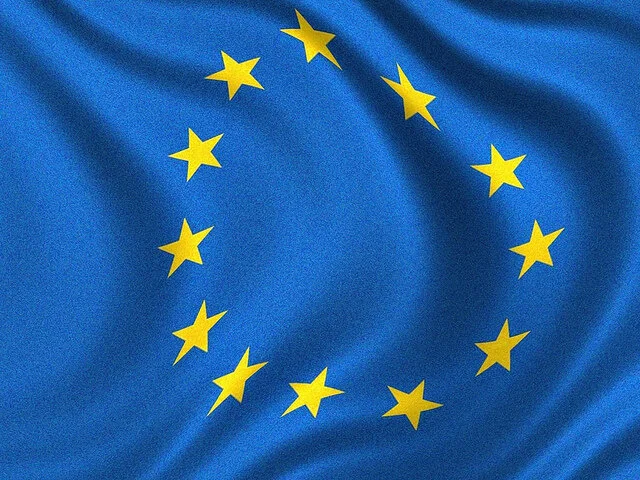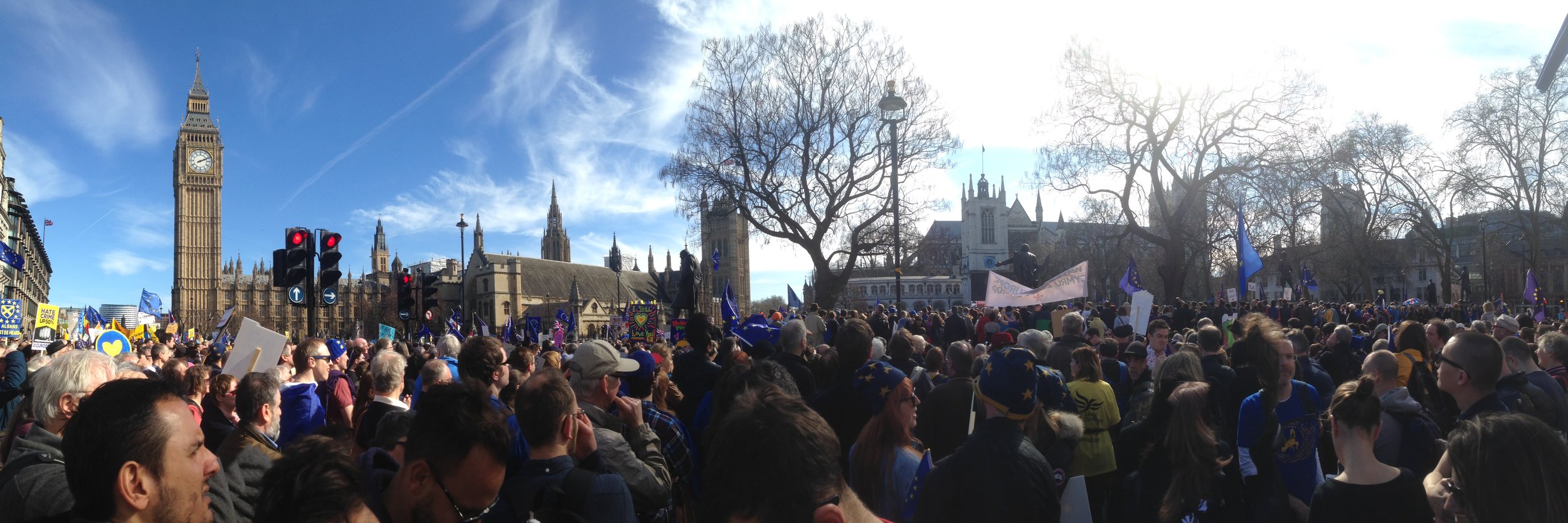The 2024 election will be bitter and nasty
Now that 2023 is fully underway and turning out to be quite grim, let’s spend some time worrying about 2024?
There will most likely be a general election next year. There must be one by January 2025 and the Tories will not want to have an election in January, when everyone is feeling cold, depressed and low on money, or an election at the last possible minute, when a surprise scandal can derail everything at the worst possible moment.
That means spring or summer next year is a good bet for the next election. Rishi Sunak must be hoping that inflation will subside, the strikers will either give up or he will find some legal way to force them back to work, and some form of economic growth will return. If he can sort these things out, he might think he has a shot at winning an election and call one.
A shield against being called woke
There’s a lot of ifs in the above, but quicker reversal of fortunes have happened in recent years. If Sunak can’t deliver at least a few modest accomplishments, then the only option will be to go full culture war and spend all day accusing Labour of being so woke they want to ban curtains or some bullshit.
If this cultural war tsunami bounces off Labour then maybe all of Keir Starmer’s pandering to the prejudices of angry, socially conservative Boomers will have achieved something. Maybe Starmer has come up with a winning strategy, that by saying that there’s little difference between Labour and the Tories on immigration he is building a shield against the electorally toxic accusation of wokeness.
Possibly. However, this shield will have to stand up to the strongest battering that the right-wing press can throw at it. When everyone from the Prime Minister to GB News is screaming that Labour is the vanguard of the woke Stasi, and that they will critical race theory your grandma, then whatever Starmer has done to purge left-wing people from Labour will make no difference. People will still think he is woke.
Keep the focus on the economy
There is another way that this can backfire, which is that the electorate may be unmoved by a culture war. Yes, Sunak might be gaining on Starmer in turns of personal popularity by making a strong stance against small boats, but most voters are still more concerned about their energy bills and mortgage payments.
All the time Starmer spends parking his tanks on the Tory’s lawn on issues such as immigration is time he’s not spending talking about the issues he’s most likely to win on: cost of living, inflation and the economy. If I were advising Starmer, I would recommend he keep the focus on the economy, instead of deliberately pissing off the people drinking artisan coffee at places overlooking the Regent's Canal because he thinks this will win some voters in a former mill town.
The rumble in Islington
Then there’s the situation in Islington. A large proportion of the election coverage will focus on Jeremy Corbyn’s run as an independent. Aside from formally testing the idea of whether people vote for parties or candidates, this race will profit no-one on the left.
It will be a huge distraction for Labour while they try to sell their program of government to the country. It’s a big tactical blunder on Starmer’s part to create the circumstances where a huge distraction will arise at the most crucial moment.
Corbyn should be pissed off at how he has been treated. He’s represented Islington for Labour for decades and having that taken away is nothing short of an outrageous slap in the face. Labour Party members should also be angry that the chance to choose their local MP has again been taken away from them.
Keep the focus on the Labour left
For socialists, this will once again mean spending huge amounts of energy defending Corbyn instead of building up a socialist movement that goes beyond the fanbase of one man. It also means that other decent left-wing Labour MPs, such as Clive Lewis or Zarah Sultana, could get chucked out of Labour for supporting Corbyn, which will only hurt the socialist movement more.
I find myself agreeing with veteran Labour left-winger Jon Lansman that Corbyn’s energy would be better spent leaving parliament to spend more time on politics, as Tony Benn said. Corbyn would be a great figurehead for a socialist movement outside parliament, which is where the momentum is at its strongest and is likely to make the biggest difference.
The socialist movement in parliament and communities
The socialist movement in parliament has faltered since Corbyn lost the 2019 election. This is largely because we thought that we were electing a left-wing leader in Starmer. We weren’t. He has used the power of party leader to push the left of the Labour Party as far out of view as possible. After setting the agenda for two general elections, socialists find ourselves marginalised again.
This is mainly because of Starmer’s lies, but it is partly because as socialists we made little effort to expand our movement beyond support for one man. As soon as a socialist stopped being leader of the Labour Party, socialist politics disappeared from the national stage.
There are movements in communities across the country, from Extinction Rebellion to ACORN via many local campaigns, which are making a difference and need a parliamentary voice. When the next election comes, we should spend our time getting sympathetic socialist Labour MPs elected to support the wider socialist movement in the country.
Past leaders stayed on
I also agree with Lansman that Michael Foot, Neil Kinnock and Ed Miliband were not forced out of the party after losing a bigger share of the electorate, and Corbyn’s loss is the reason the NEC is citing for not letting him stand again. It’s very unfair to push Corbyn out of the party for this reason when there is no precedent for this.
Labour should let Corbyn stand as an MP for the party, mainly so that this race doesn’t dominate the news during the election. It would be the sensible thing to do. Socialists should also not let our strong feelings about Corbyn give Starmer the excuse he’s looking for to get rid of other left-wing Labour MPs.
If you want to piss off Starmer, help get more left-wing Labour MPs elected. That will cause trouble for him and could be very effective for the left in the event of a hung parliament.
An ugly campaign
There are known unknowns in the next election as well. The SNP’s recent implosion could put Scotland back in play for Labour, but not if Starmer leans into the SNP’s narrative that the three UK wide parties are all regressive English social conservatives at odds with Scotland’s long history of progressive radicalism.
Tactical voting is likely to be bigger in this election than any previous one. This could lead to a coordinated exchanging of Labour and Lib Dem votes in an informal anti-Tory alliance to swing marginal seats. However, socially liberal Lib Dem voters might be put off by Starmer’s lines on drugs or anti-social behaviour. This is especially true of young voters, who find themselves politically homeless following Starmer’s lurch to the right.
An election is coming and it will be bitter and nasty. The Tories won’t give up power easily. They’re wounded, which is when they’re at their most dangerous. There’s no-one they won’t demonise or stir up hatred against to win this election. As socialists, we need to be ready to fight this ugly campaign when it comes.
Polling station image taken by Rachel H and used under creative commons.













